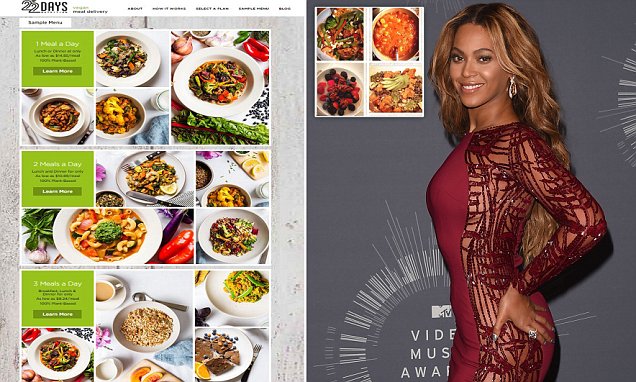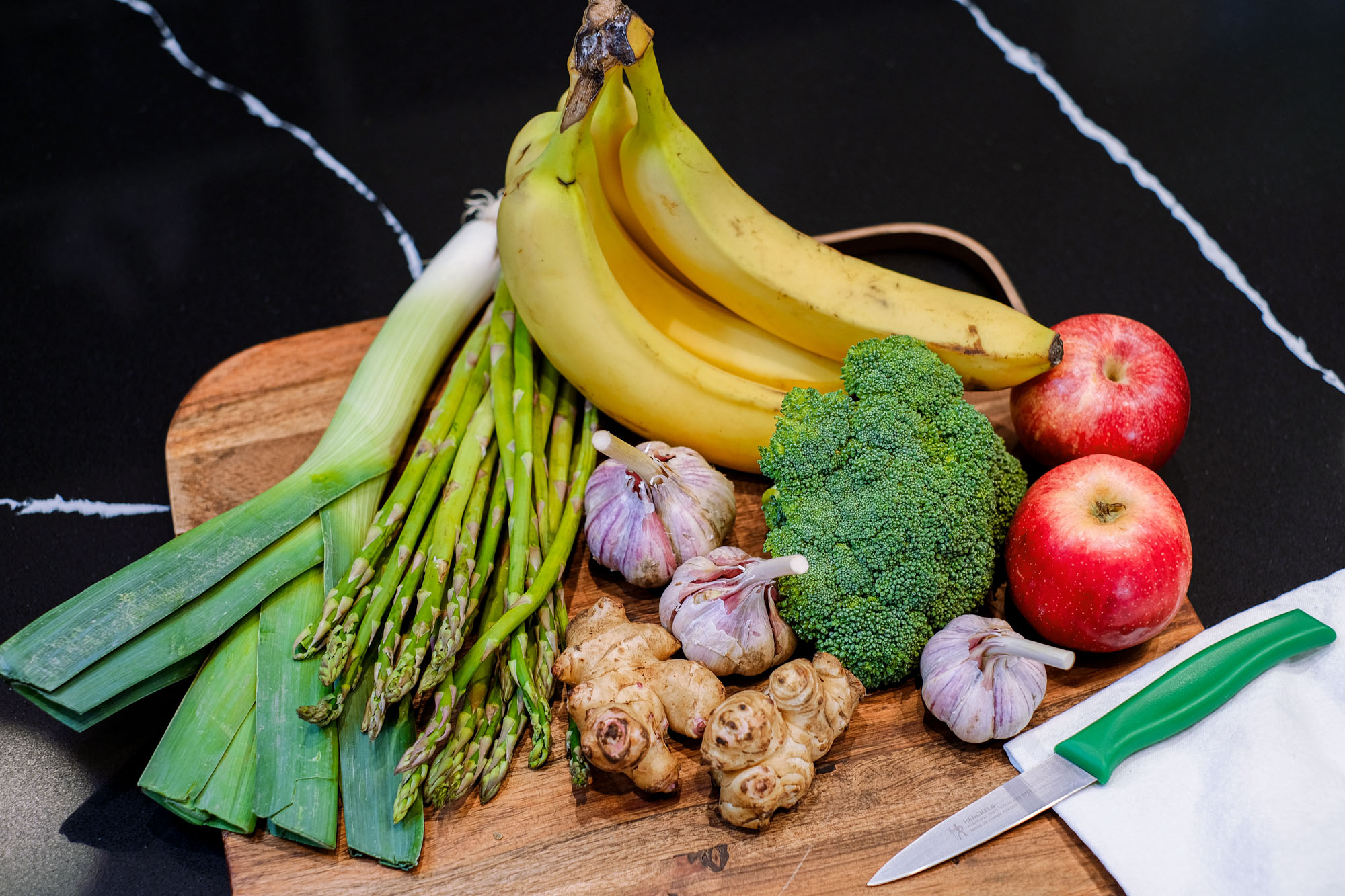When Beyoncé Knowles-Carter, one of the world’s most influential celebrities, embraces a lifestyle change, millions take notice. The pop icon’s recent foray into plant-based eating has ignited a global conversation about veganism, its benefits, and its potential risks. But as Queen Bey’s plant-powered revolution gains momentum, health experts are sounding the alarm on the hidden dangers of extreme vegan diets.
The Beyoncé Effect: Veganism Goes Mainstream
Beyoncé’s journey to plant-based eating began in 2013 when she and husband Jay-Z embarked on a 22-day vegan challenge. Since then, she’s become a vocal advocate for plant-based diets, even launching her own vegan meal delivery service. Her influence has undoubtedly contributed to the surge in veganism’s popularity, with the number of vegans in the US increasing by 600% between 2014 and 2017.
The Promise of Plant-Based Eating
Proponents of veganism, including Beyoncé, tout numerous benefits:
- Weight management
- Improved heart health
- Lower risk of certain cancers
- Environmental sustainability
- Ethical treatment of animals
Beyoncé herself credits her plant-based diet for helping her prepare for her historic Coachella performance in 2018. But is this lifestyle sustainable and safe for everyone?
The Dark Side of Extreme Veganism
While a well-planned vegan diet can be healthy and nutritionally adequate, extreme or poorly planned plant-based diets can pose serious health risks:
- Nutrient Deficiencies
Dr. Sarah Johnson, a nutrition expert, warns, “Vegans are at higher risk for deficiencies in vitamin B12, iron, calcium, vitamin D, and omega-3 fatty acids. These nutrients are crucial for everything from brain function to bone health.”
- Protein Concerns
While plant-based proteins exist, obtaining complete proteins can be challenging. Dr. Mark Thompson, a sports nutritionist, explains, “Athletes and highly active individuals on vegan diets need to be particularly vigilant about their protein intake to maintain muscle mass and support recovery.”
- Orthorexia and Disordered Eating
The restrictive nature of extreme veganism can sometimes lead to orthorexia, an unhealthy obsession with “clean” eating. Psychologist Dr. Lisa Chen notes, “We’re seeing an increase in eating disorders disguised as ‘health-conscious’ veganism, particularly among young women influenced by celebrity culture.”
- Digestive Issues
A sudden switch to a high-fiber vegan diet can cause digestive distress. Gastroenterologist Dr. David Brown cautions, “Some people experience bloating, gas, and abdominal pain when transitioning to a plant-based diet too quickly.”
- Hormonal Imbalances
Some studies suggest that strict vegan diets may impact hormonal balance, particularly in women. Endocrinologist Dr. Emily White explains, “Extreme low-fat vegan diets can potentially lead to menstrual irregularities and fertility issues in some women.”
- Social and Psychological Impacts
The restrictive nature of extreme veganism can lead to social isolation and anxiety around food choices. Psychologist Dr. Michael Green warns, “The stress of adhering to a strict vegan diet in social situations can negatively impact mental health and relationships.”
Beyoncé’s Approach: Moderation is Key
It’s important to note that Beyoncé herself doesn’t advocate for extreme veganism. She’s been open about following a more flexible approach, often referred to as a “plant-based” or “plant-forward” diet rather than strict veganism. This approach allows for occasional animal products and focuses on increasing plant food consumption without completely eliminating other food groups.
Navigating the Plant-Based Landscape Safely
For those inspired by Beyoncé’s plant-based revolution, experts recommend a balanced approach:
- Consult a Professional: Work with a registered dietitian to ensure your vegan diet meets all nutritional needs.
- Supplement Wisely: Consider supplements for nutrients commonly lacking in vegan diets, such as vitamin B12, vitamin D, and omega-3s.
- Transition Gradually: Slowly incorporate more plant-based meals rather than making a sudden, drastic change.
- Focus on Whole Foods: Prioritize whole plant foods over processed vegan products.
- Stay Flexible: Consider a “flexitarian” approach that includes occasional animal products if it feels more sustainable for you.
- Monitor Your Health: Regular check-ups and blood tests can help identify and address any nutritional deficiencies.
The Future of Plant-Based Eating
As the plant-based movement evolves, we’re seeing a shift towards more balanced approaches:
- Reducetarianism: Focusing on reducing animal product consumption without eliminating it entirely.
- Plant-Forward Diets: Emphasizing plant foods while allowing for modest amounts of animal products.
- Personalized Nutrition: Tailoring plant-based diets to individual needs based on genetics, lifestyle, and health goals.
- Sustainable Sourcing: Increased focus on locally-sourced, environmentally-friendly plant foods.
The Celebrity Influence: A Double-Edged Sword
While celebrities like Beyoncé can inspire positive health changes, their influence comes with responsibility. Nutritionist Dr. Rachel Lee cautions, “Celebrities often have access to personal chefs, nutritionists, and premium food sources. It’s crucial for the public to understand that a celebrity’s diet may not be realistic or healthy for everyone.”
Conclusion: Finding Balance in the Plant-Based Revolution
Beyoncé’s plant-based journey has undoubtedly brought veganism into the mainstream, sparking important conversations about health, sustainability, and animal welfare. However, it’s crucial to approach any significant dietary change with caution and awareness.
While a well-planned plant-based diet can offer numerous health benefits, extreme veganism can pose risks if not carefully managed. As with any diet trend, moderation, balance, and personalization are key.
Whether you’re inspired by Beyoncé’s plant-powered performances or simply curious about incorporating more plant-based meals into your diet, remember that the healthiest approach is one that’s sustainable, nutritionally complete, and tailored to your individual needs and lifestyle.
As the plant-based revolution continues to unfold, let’s embrace the positive aspects while remaining mindful of potential pitfalls. After all, true health and wellness encompass not just what we eat, but how we approach our overall relationship with food and our bodies.





